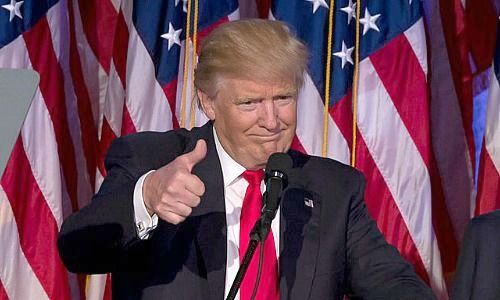With the impending Donald Trump presidency and its unknown impact on the economy, the asset management industry in Asia looks set for a choppy year ahead.
The Trump presidency which is now only 11 days away, and the geopolitical turbulence tipped to come with it will drive global macroeconomic factors in 2017.
Although the repercussions remain to be seen after his inauguration, one thing that the Asian asset management industry will be closely watching is how his pledge to bring manufacturing jobs back to the United States pans out.
This issue will be particularly important to Asian countries as many of them count the United States as one of their top-five trading partners.
From an asset management perspective, a widespread restructuring will have an impact on asset allocations in Asian markets according to the latest report from global research and consulting firm, Cerulli Associates.
Investors Adopt Default Positions
Cerulli says that retail investors in the Asian region have notoriously shorter-term investment horizons than their Western counterparts. Asset retention is a constant struggle, but likely more apparent in North Asian markets including China.
In the recent past in Asia ex-Japan, this has led to some funds being diverted to bond funds or balanced funds. However, with growing expectations that interest rates may head higher in 2017, led by rate hikes by the Federal Reserve, bond funds and balanced funds may not be viewed as safe havens for a while.
In such market conditions, Cerulli thinks retail investors will fall back to their default positions, namely bank deposits.
This would put the asset management industry back to square one in the region, after a lot of effort has been expended in recent years to mobilise people's savings toward riskier financial products.


























